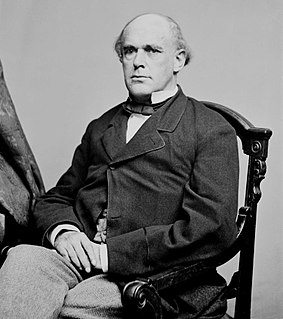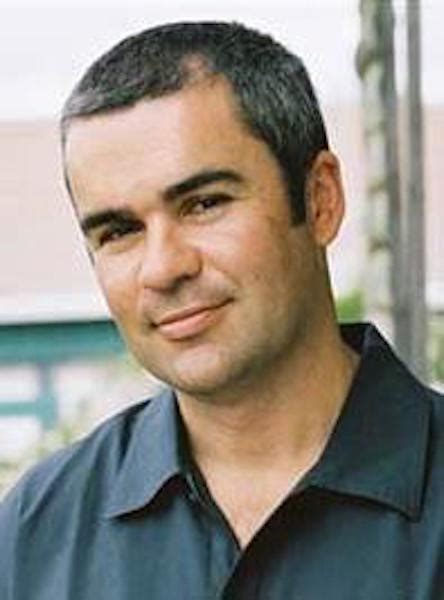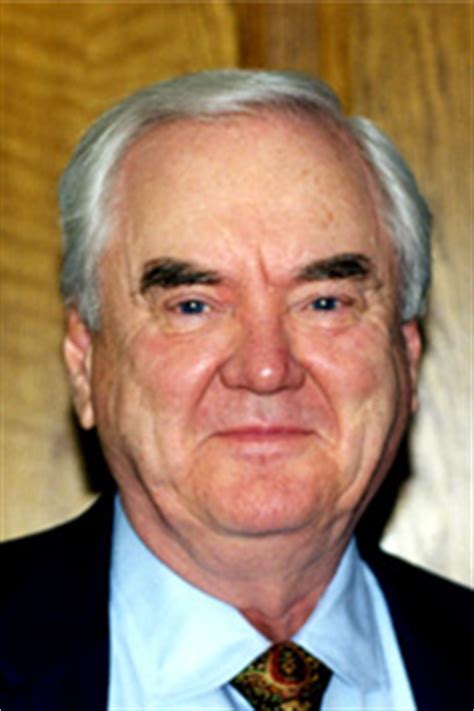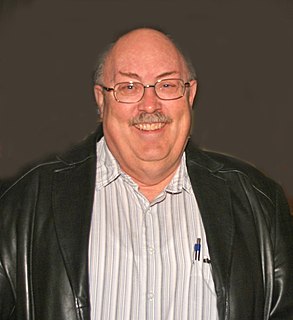A Quote by Elaine Pagels
There is no evidence that the author of the Book of Revelation, John of Patmos, read anything that we think of as a New Testament book. I don't see any evidence that he knew what was in the Gospels, or the letters of Paul, which I don't think he would have liked at all.
Related Quotes
The evidence for our New Testament writings is ever so much greater than the evidence for many writings of classical authors, the authenticity of which no one dreams of questioning. And if the New Testament were a collection of secular writings, their authenticity would generally be regarded as beyond all doubt.
There came a time in my life when I doubted the divinity of the Scriptures, and I resolved as a lawyer and a judge I would try the Book as I would try anything in the courtroom, taking evidence for and against. It was a long, serious and profound study and using the same principles of evidence in this religious matter as I always do in secular matters, I have come to the decision that the Bible is a supernatural Book, that it has come from God, and that the only safety for the human race is to follow its teachings.
No one really knows the value of book tours. Whether or not they're good ideas, or if they improve book sales. I happen to think the author is the last person you'd want to talk to about a book. They hate it by that point; they've already moved on to a new lover. Besides, the author never knows what the book is about anyway.
I'd say the purest experience for the movie is not to have read the book because I think when you've read the book you're just ticking off boxes. I think that after you see the movie, reading the book is a cool thing. I always say the movie's not meant to replace the book. That's ridiculous. I'm a huge fan of the book.
Would you say that any one sacred book is superior to all others in the world? ... I say the New Testament, after that, I should place the Koran, which in its moral teachings, is hardly more than a later edition of the New Testament. Then would follow according to my opinion the Old Testament, the Southern Buddhist Tripitaka, the Tao-te-king of Laotze, the Kings of Confucius, the Veda and the Avesta.
Archaeological evidence provides significant help in interpreting the Gospels. In a sense, archaeology is an exegetical tool. To ignore the evidence of archaeology would be almost as irresponsible as making no appeal to the original text. The archaeological evidence is a vital component in the context of Scripture.
One area of the Book of Mormon that does bother some is what they see as anachronistic doctrine; that the Book of Mormon has Christian doctrine prior to the coming of Christ; that it has seemingly New Testament doctrines appearing centuries before Jesus arrives, and it seems to be representing a form of Christianity existing in the New World where there doesn't seem to be much evidence of that archaeologically. Christianity is invisible in the New World prior to the coming of Columbus, and so those things seem like clear anachronisms to people looking at it in that way.







































